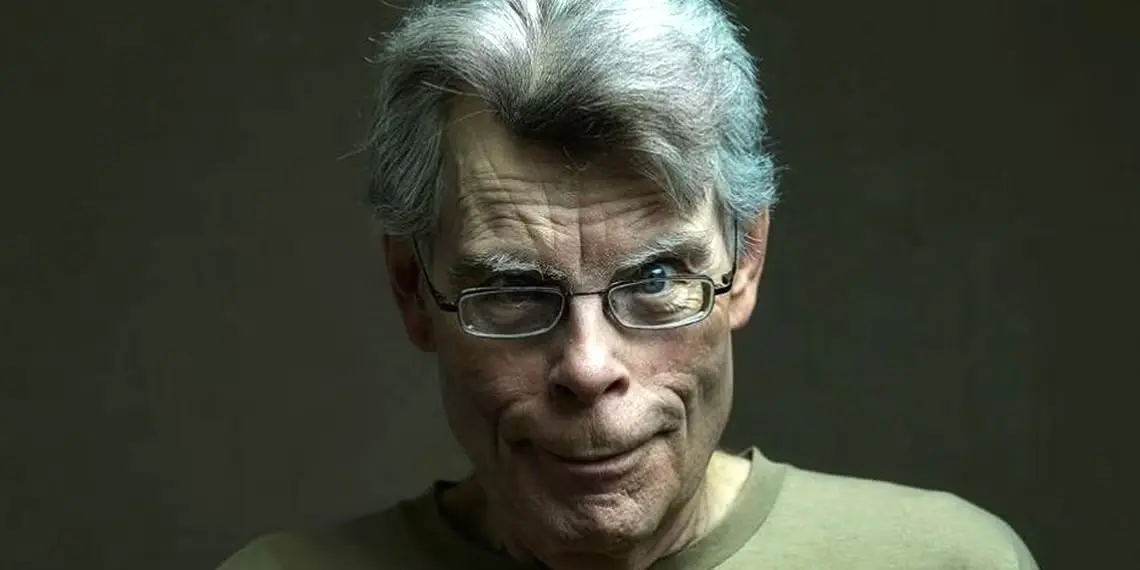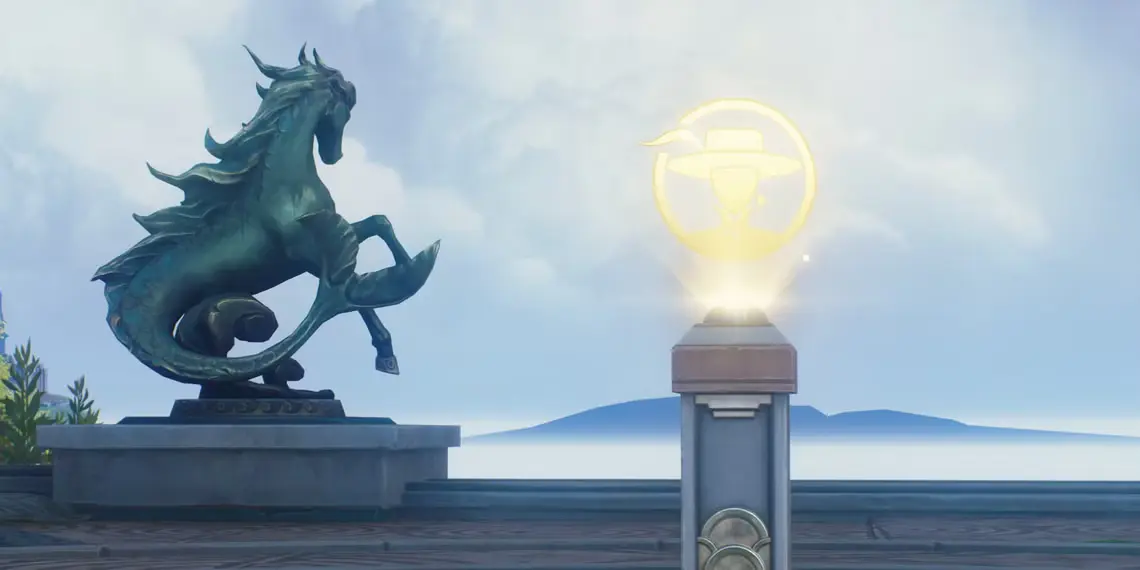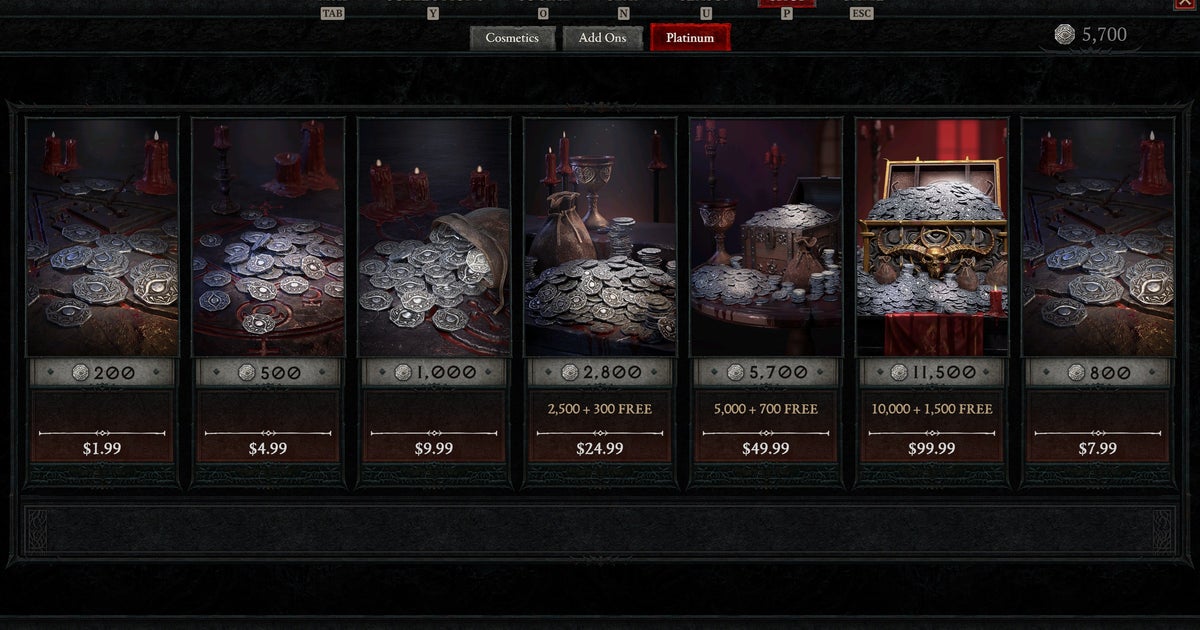There are very few living authors who can boast as many adaptations of their work as Stephen King. The master of horror has penned 65 novels, numerous short story collections, and even his own screenplays and teleplays, showing no signs of stopping. His stories have been transformed into films over 40 times, and his name continues to be a surefire hit in Hollywood, with adaptations like “The Monkey” and The Running Man set to release this year.
Numerous adaptations of Stephen King’s stories have led to successful cinematic experiences, with classics such as The Shining and The Shawshank Redemption often featured among the best films in history. Yet, even the top-tier adaptations often seem to sacrifice elements of the original narrative to work effectively on screen. Since many of King’s books are lengthy, a considerable amount of content is usually omitted to ensure the films remain within reasonable runtimes.
Television offers a unique advantage by not needing to conclude its narratives in just a few hours. TV series can take their time to explore the intricate worlds created by Stephen King. With HBO’s IT: Welcome to Derry on the horizon and Mike Flanagan’s Dark Tower series in development, it’s worth examining why the small screen is the perfect place for King’s tales.
Stephen King’s TV History
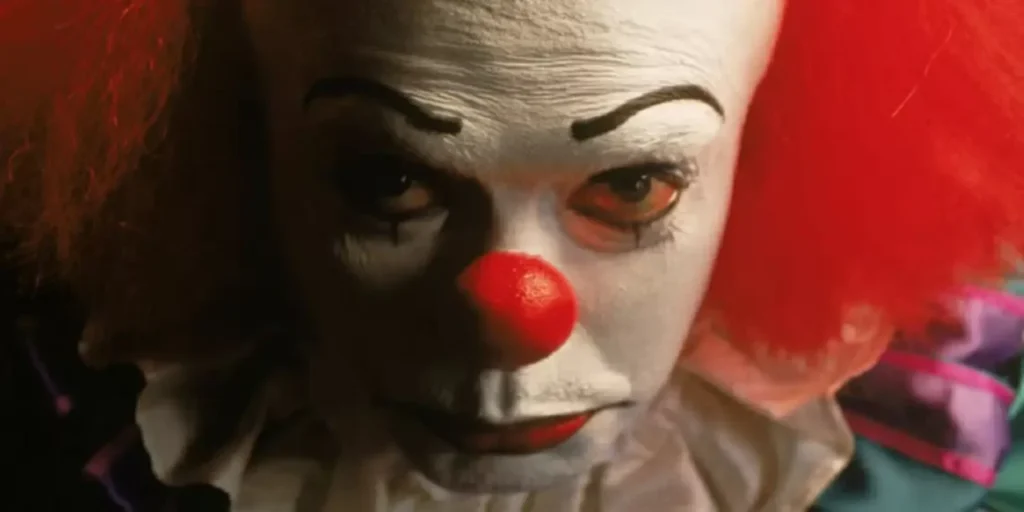
King has a long history with television. He penned original miniseries like Storm of the Century in 1999 and Rose Red in 2002, and he has brought several of his novels to the small screen. His adaptations include The Stand in 1994 and his own interpretation of The Shining in 1997, which gave him a chance to “fix” some of the changes made by Stanley Kubrick in the 1980 version. During the 90s, it felt like there was a new King miniseries on TV almost every year.
A lot of these adaptations are seen as quite cheesy today, but some, such as the 1990 version of IT, still carry a nostalgic appeal for Millennials who found them terrifying in their childhood, mainly due to Tim Curry’s iconic portrayal of Pennywise. Since these shows were broadcast on network television, many of the scarier or more graphic scenes had to be modified or removed, which lessened their overall effect.
The television landscape today is quite different, largely due to pioneering networks like HBO that have expanded the limits of traditional programming, along with the unrestricted nature of streaming services. This shift has allowed for darker and more violent themes to be explored more freely than in previous years. Additionally, storytelling on TV has become significantly more intricate over the last couple of decades, resulting in some of the most remarkable creative successes in television history. These developments have paved the way for adaptations of King’s work that can stay much truer to his original stories compared to the miniseries from the past.
The small screen has been bustling with adaptations of Stephen King’s stories lately, showcased on premium networks and streaming services. While not every adaptation has found success—2021’s The Stand comes to mind—there have been standout series like 11/22/63 from 2016, Mr. Mercedes from 2017 to 2019, and The Outsider in 2020 that have garnered acclaim for their fidelity to King’s writing and their own unique storytelling. Other projects, such as Hulu’s Castle Rock, have opted for a more relaxed interpretation of King’s universe, often satisfying both hardcore fans and those who enjoy a lighter touch.
Why TV Works for King
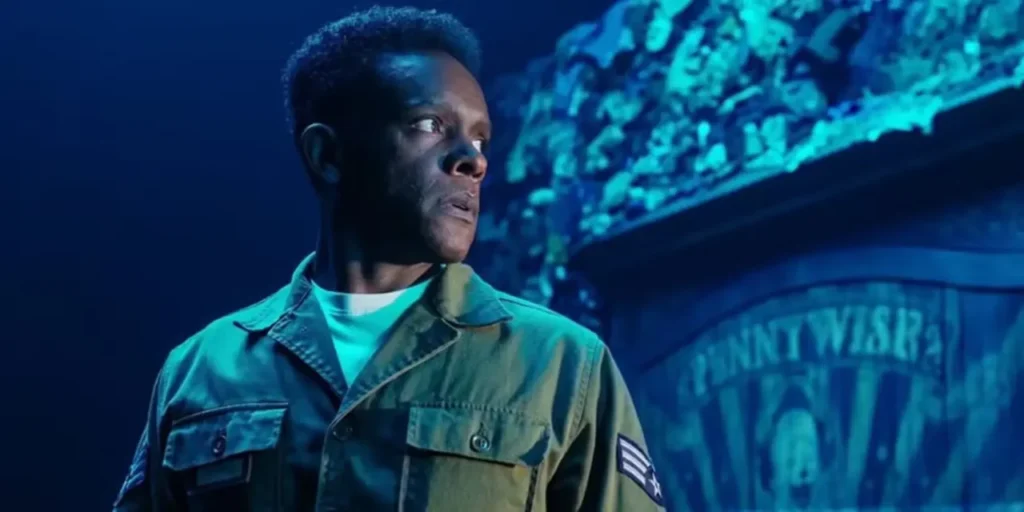
Why is TV such an excellent platform for Stephen King’s storytelling? It largely stems from the sprawling nature of his narratives. King is a phenomenal storyteller, and many of his most engaging works take their time to delve into the eerie elements, giving readers a chance to form a deep bond with the characters. This connection amplifies the impact of the horror they face. King has often expressed his dissatisfaction with Kubrick’s The Shining, noting its cold and detached feel, especially when compared to the warmth of the original novel. In his writing, King crafts a detailed inner world for Jack Torrance, making his tragic descent into madness feel more poignant.
Why is TV such an excellent platform for Stephen King’s storytelling? It largely stems from the sprawling nature of his narratives. King is a phenomenal storyteller, and many of his most engaging works take their time to delve into the eerie elements, giving readers a chance to form a deep bond with the characters. This connection amplifies the impact of the horror they face. King has often expressed his dissatisfaction with Kubrick’s The Shining, noting its cold and detached feel, especially when compared to the warmth of the original novel. In his writing, King crafts a detailed inner world for Jack Torrance, making his tragic descent into madness feel more poignant.
Even though Andy Muschietti’s IT films have received a warm reception—especially the first one—they still had to leave out a lot of the rich history of Derry that Stephen King dives into in the book. This is what makes HBO’s upcoming Welcome to Derry so intriguing; it promises to explore the unsettling events that have shaped the town’s past, which the films could only hint at. Additionally, Mike Flanagan’s adaptation of The Dark Tower is highly anticipated, as it aims to capture the unique and ambitious essence that makes the novels such a joy to read.
While we can’t assume that these upcoming projects will be successful simply because they’re on television, the format does provide a unique opportunity to delve into the rich narratives that have made King’s stories so cherished for decades. One silver lining in Hollywood’s current obsession with intellectual property is that it may allow filmmakers who grew up with King’s books to adapt their beloved tales for the screen. Fingers crossed they keep opting for the smaller stories.
